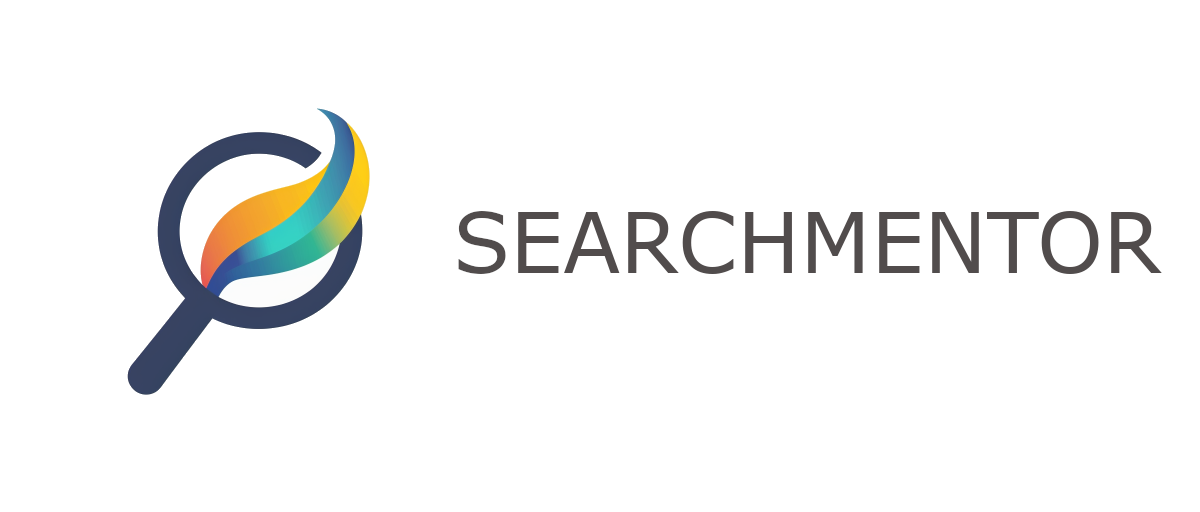As the world increasingly turns to renewable energy sources to combat climate change and reduce dependence on fossil fuels, the solar panel industry has emerged as a major player in the transition to a sustainable future. Solar energy, harnessed through photovoltaic cells, offers a clean and abundant source of power, driving demand for skilled professionals across various sectors of the solar panel industry. In this article, we’ll explore the diverse range of career opportunities available in the solar panel sector and the promising prospects they offer for individuals seeking meaningful and rewarding work.
The Growth of Solar Energy
In recent years, solar energy has experienced remarkable growth, fueled by technological advancements, cost reductions, and increasing environmental consciousness. Solar panels, comprised of photovoltaic cells that convert sunlight into electricity, have become a ubiquitous sight on rooftops, in fields, and even in space. As governments, businesses, and individuals embrace solar power as a key component of their energy portfolios, the demand for qualified professionals in the solar panel industry has surged.

Career Opportunities
The solar panel industry offers a multitude of career paths across various sectors, including manufacturing, installation, sales, research, and development. From hands-on roles to managerial positions, there is a diverse array of opportunities for individuals with a passion for renewable energy and a desire to make a positive impact on the planet.
Skills and Qualifications
While specific requirements may vary depending on the role and employer, common skills and qualifications for solar panel jobs include technical knowledge of solar energy systems, problem-solving abilities, excellent communication skills, attention to detail, and a commitment to safety. Relevant education or training in fields such as engineering, renewable energy, electrical systems, or environmental science can also be beneficial for advancing in the industry.
Supply Chain Management
In the solar panel industry, careers in supply chain management are essential for orchestrating the procurement of materials, managing logistics, and streamlining distribution processes. These roles are pivotal in ensuring the efficient and timely delivery of solar components, which is crucial for the industry’s growth and sustainability. By optimizing supply chain operations, professionals in this field contribute to reducing costs, minimizing delays, and enhancing overall operational efficiency. Their strategic management of the supply chain enables solar companies to meet customer demands, navigate market fluctuations, and drive continuous improvement, ultimately bolstering the industry’s competitiveness and resilience in the renewable energy market.

Quality Assurance and Testing
Quality assurance specialists play a crucial role in maintaining the reliability and performance of solar panels. They conduct rigorous testing procedures to ensure that panels meet industry standards and performance specifications, helping to build trust and confidence in solar technology among consumers and businesses.
Financial and Investment Analysis
Individuals with expertise in finance and investment analysis can find rewarding careers in the solar panel industry. These professionals evaluate the financial viability of solar projects, assess risks, and provide recommendations to investors and stakeholders, driving investment in solar infrastructure and projects worldwide.
Technical Support and Customer Service
As solar energy becomes increasingly prevalent, the demand for technical support and customer service professionals escalates. These roles are integral, providing invaluable assistance to users in troubleshooting, maintenance, and addressing inquiries related to solar panel systems. By ensuring prompt and effective resolutions to issues, these professionals bolster customer satisfaction, fostering enduring relationships and trust. Ultimately, their contributions play a vital role in the long-term success and sustainability of the solar industry, solidifying its position as a reliable and accessible energy solution.

Policy Analysis and Advocacy
Professionals adept in policy analysis and advocacy are pivotal in molding the regulatory framework for solar energy. Their duties encompass monitoring legislative shifts, scrutinizing policy propositions, and championing initiatives conducive to the proliferation of solar energy adoption. This concerted effort drives affirmative alterations across local, national, and international domains, fostering an environment conducive to sustainable energy practices. By advocating for policies that promote solar energy growth, these professionals catalyze positive transformations, advancing the trajectory towards a cleaner and more sustainable energy future on a global scale.
Project Management
Project managers play a crucial role in orchestrating the entire lifecycle of solar energy projects, ranging from small-scale residential installations to expansive utility-scale solar farms. These roles demand robust organizational prowess, leadership acumen, and technical proficiency to ensure seamless project execution. By meticulously overseeing planning, resource allocation, and adherence to specifications, project managers guarantee projects are completed punctually, within budgetary constraints, and in alignment with quality standards. Their multifaceted responsibilities are pivotal in navigating complexities and challenges, ultimately ensuring the successful implementation of solar initiatives and the advancement of sustainable energy objectives.
Public Relations and Marketing
Careers in public relations and marketing play a vital role in advocating for solar energy and educating the public on its advantages. Professionals in these fields craft marketing strategies, generate compelling content, and interact with stakeholders to enhance awareness and pique interest in solar technology. By driving effective marketing campaigns, they stimulate market growth and facilitate wider adoption of solar energy solutions. Their efforts not only promote the environmental benefits of solar power but also contribute to shaping public perception and influencing consumer behavior towards embracing renewable energy alternatives.

Community Development and Engagement
Community development specialists play a crucial role in involving local communities and stakeholders in the planning and execution of solar projects. Through facilitating dialogue, addressing concerns, and ensuring projects align with social responsibility and inclusivity principles, they foster positive relationships and collaboration between solar developers and communities. This approach not only enhances project acceptance but also promotes sustainable development and empowers communities to participate actively in shaping their energy future. By bridging the gap between stakeholders, community development specialists facilitate mutual understanding and support, ultimately contributing to the successful implementation of solar initiatives.
Conclusion
The solar panel industry offers exciting career opportunities for individuals interested in contributing to the global transition towards clean and sustainable energy solutions. Whether you’re interested in working on the frontlines of installation, driving sales and marketing efforts, conducting research to advance solar technology, or managing projects from conception to completion, there is a role for you in the dynamic and rapidly evolving field of solar energy. As the world continues to prioritize renewable energy sources, now is the perfect time to explore the diverse career paths available in the solar panel industry and embark on a fulfilling journey towards a greener future.

